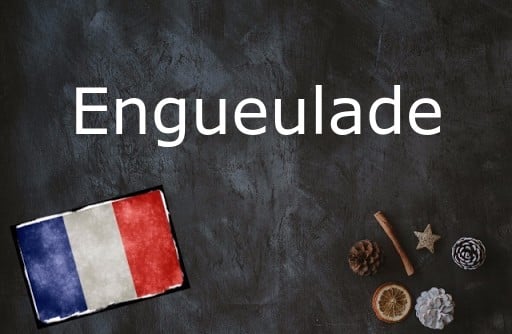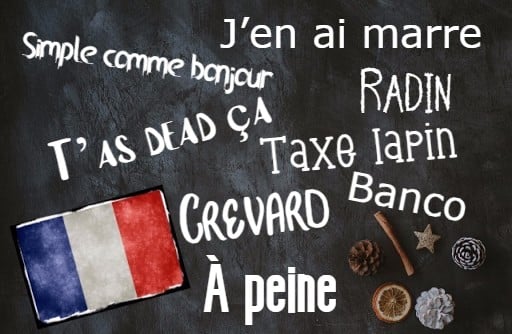Why do I need to know engueulade?
Because they happen from time to time, but they might get more frequent over the next six months.
What does it mean?
It means an argument, a row, a spat or a shouting match.
The word itself is colloquial but not offensive, although it does imply that the exchange was quite heated, so you wouldn’t describe a polite exchange of views between two colleagues as une engueulade. If they stand up and start screaming at each other, however, then feel free to wheel this one out.
It comes from the word gueule which is a colloquial term for mouth (like gob or maw) and which is often used in the phrase ferme ta gueule (or simply ta guele) which is a usually aggressive way of telling someone to shut up.
The below clip from comedian Bertrand Usclat warns of a ‘new epidemic’ of engueulade on the horizon, related to the 2022 presidential elections – an election campaign that still has more than six months left to run but is already increasingly ill-tempered.
Une nouvelle épidémie nous envahit ! 🗣️ pic.twitter.com/yA1i2iPnwK
— Bertrand Usclat (@BertrandUsclat) October 12, 2021
Use it like this
Mon voisin et moi, on a eu une belle engueulade – My neighbour and I had a proper shouting match
Je déteste ses vêtements, mais ça vaut pas l’engueulade – I hate his clothes, but it’s just not worth the bust-up



 Please whitelist us to continue reading.
Please whitelist us to continue reading.
Member comments